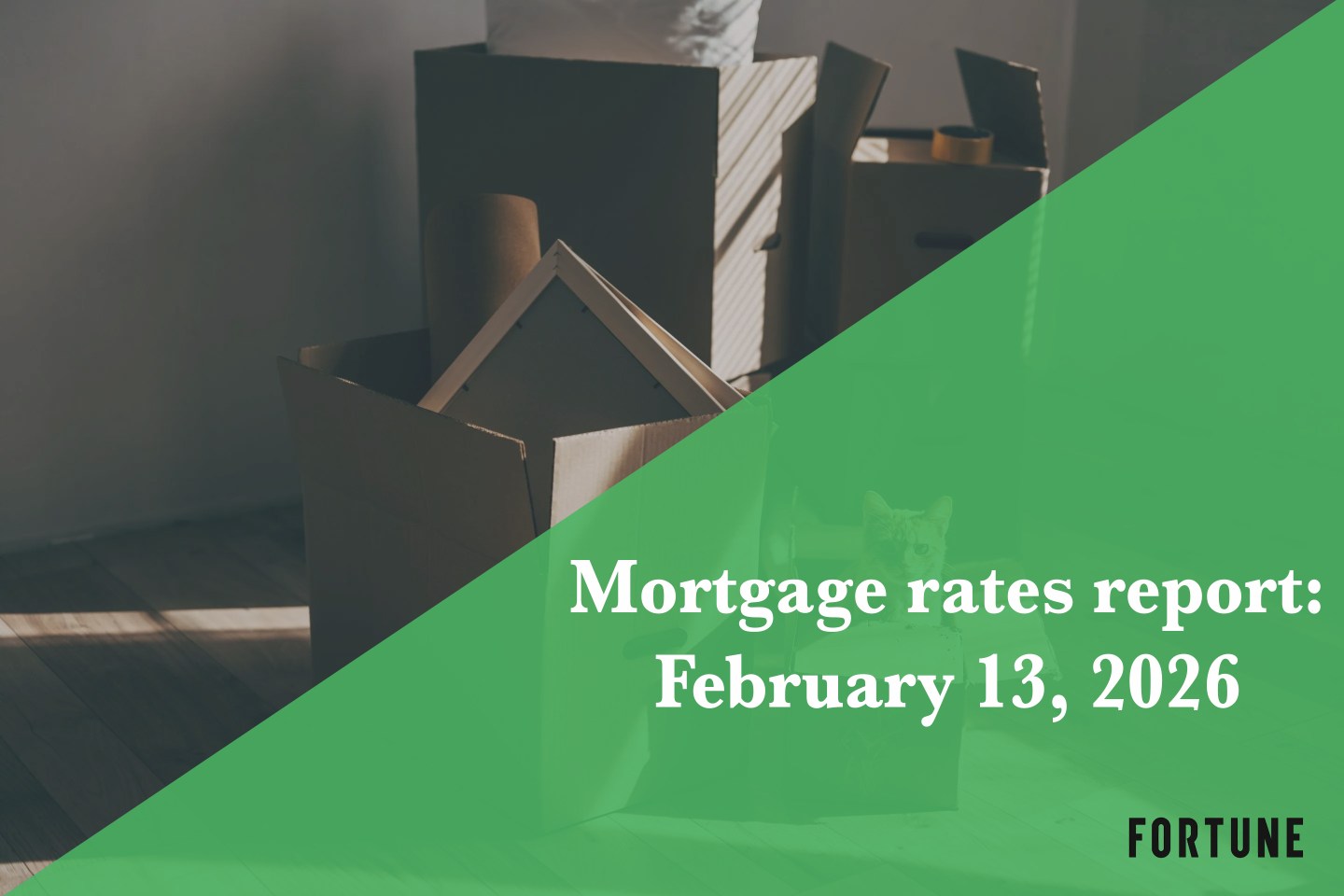Millennials and Gen Z are clamoring to break into the housing market—a feat seemingly impossible in an inflationary period with high home prices and mortgage rates. But one real estate veteran says owning a home might not be all it’s cracked up to be right now.
“If your whole thinking is like, ‘Oh, I should buy a home because I’m at that age, and I should buy a home,’ I don’t think that’s a good reason to own a home,” Amir Korangy, founder, chairman, and publisher of real estate news site The Real Deal, told Fortune. Korangy is also an associate professor at Columbia University’s School of Architecture and a senior fellow and adjunct professor at NYU’s Schack Institute of Real Estate.
Research this year from mortgage tech firm ServiceLink shows Gen Z and millennials have a “strong appetite for homeownership,” but many have had to abandon the American Dream owing to the cost. Mortgage rates are still in the 6% range, and home prices are 55% higher than they were at the beginning of 2020, according to the Case-Shiller U.S. National Home Price Index.
For those reasons, it’s often cheaper to rent than buy a home in today’s housing market. A June report from Realtor.com shows renting saves more than $900 per month, on average, and that renting a home continues to be more affordable than buying in 49 of the 50 largest metros in the U.S. (Pittsburgh stands out as the only exception). That’s why Korangy pushes the “freedom of renting”—especially to get more bang for your buck.
“You could rent a much nicer space for yourself than you could own one,” Korangy said. He gave the example of a wealthier buyer with a $3 million budget, and said for the same cost of buying that home, someone could rent a $5.5 million to $7 million home at the same monthly price.
“It just makes a lot more sense to rent,” he said.
There are also a lot of hidden homeownership costs like insurance, repairs, property taxes, homeowners association fees (if applicable), and landscaping and exterior upkeep.
“It’s not just the mortgage you’re paying for,” Korangy said. “There’s all this stuff that‘s being added on to it. Yes, insurance is not that much, but insurance, when it goes up … it adds up.”
Nationally, homeowners insurance prices are expected to spike 8% this year, but it’s even more expensive to insure a home in Florida and California given the greater risks of extreme weather like flooding, hurricanes, and wildfires.
Building home equity isn’t what it used to be
One of the prime reasons for homeownership is the concept of building equity. By purchasing a home, you’ll eventually build equity in that property that you can benefit from in the future when, or if, you decide to sell the home.
That was all fine and good as people watched home prices skyrocket thanks to growing demand in the aftermath of the pandemic housing boom. Purchasing a house allows owners to build wealth over time by making mortgage payments to reduce the loan principal and increase the owner’s stake in the home until, ideally, it’s owned outright. Real estate typically appreciates, which adds to the homeowner’s wealth.
But now that the market is slowly but surely correcting itself, homeowners aren’t sitting on the same pile of equity they expected in recent years. In fact, home-price appreciation has been either broadly flat or falling across the U.S.; the average American homeowner lost approximately $9,200 in equity during the past year, according to data from information services company Cotality (formerly CoreLogic).
To be sure, Leo Pond, a real estate advisor with Four Seasons Sotheby’s International Realty, recently told Fortune this isn’t a collapse, but “a long-term market correction.”
Korangy said as long as a person is okay with not building equity then renting would be the obvious choice.
Plus, you’re “also not connected to the market,” he said. “That means [you] can pick up and leave anytime [you] want. If anything changes for [you, you’re] not beholden to that. If something happens to the building, [you’re] not beholden to that.
“So there’s a lot of goods that come with renting, and a lot of people are taking advantage of that,” he added. “And the fact is not everybody should be an owner.”











